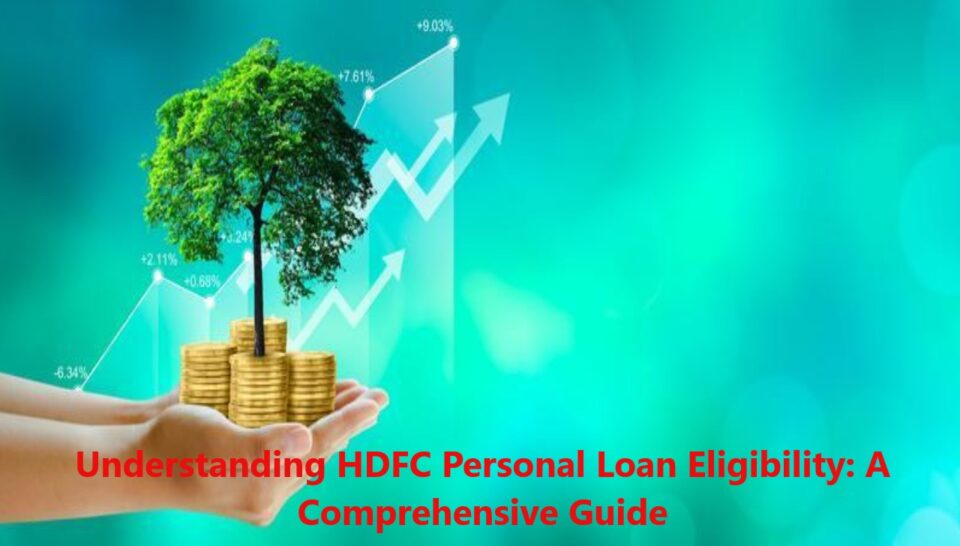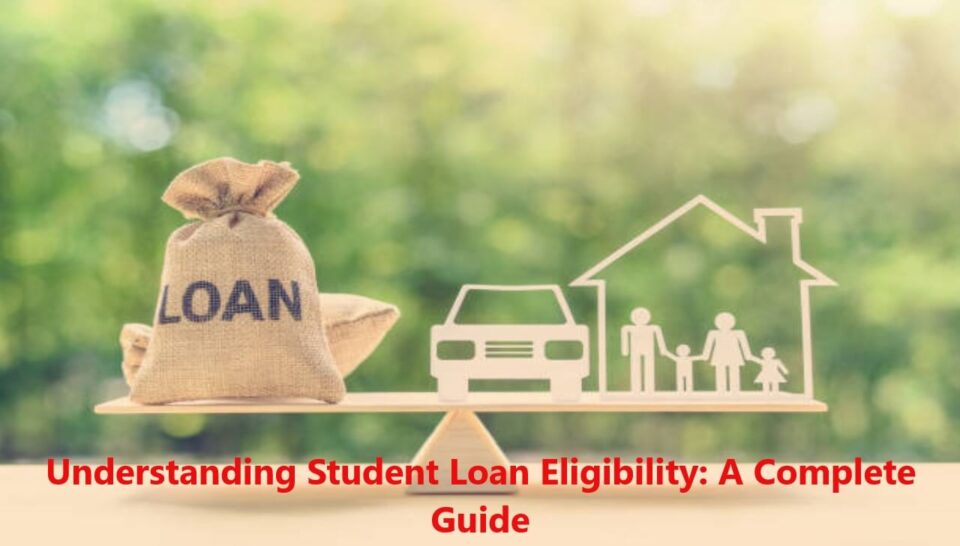Loans are what save millions of students from going to college. But multi-loan is just too much to cope with due to variable rates, installment plans, and the lenders. Here is where the Loan Consolidation Department of Education comes in. Loan consolidation: Consolidates multiple federal student loans into one low monthly payment loan. We’ll discuss what the Department of Education’s loan consolidation program is, what it is, who can participate, how to apply and how to consolidate loan debt successfully in this article.
What is Loan Consolidation?
The consolidation of a variety of federal student loans into a single Direct Consolidation Loan. It’s run by the Department of Education and it streamlines loan processing, giving borrowers options such as lower payments and income-based repayment terms.
Key Features of Loan Consolidation
Multiple Loans in One Payment: Splits multiple loans into one payment.
Rate: Fixed Interest Rate: Weighted average of consolidated loans, converted to the nearest 1/8th percent.
Modular Repayment Programs: Gain access to income-dependent repayment plans.
Recovered Eligibility for Benefits: Some loans are redeemed for benefits such as Public Service Loan Forgiveness (PSLF).
Benefits of Consolidation of a Loan with the Department of Education
Simplified Loan Management
Consolidation will help you get rid of tracking many payments, due dates, and servicers.
Access to Income-Driven Repayment Plans
Borrowers can move to income-driven plans that depend on income and family size to lower repayments.
PSLF and Other Forgiveness Programs: Are You Eligible?
Consolidation can qualify the loans for forgiveness if all of the conditions are met.
Fixed Interest Rate Stability
Fixed interest rates guarantee a regular monthly payment and help borrowers avoid rate hikes.
Avoiding Default
Debt consolidation can convert a defaulted loan back into good standing without wage garnishment or tax refund re-enfranchisement.
Eligibility Criteria for Loan Consolidation
You must be eligible for loan consolidation at this specific time to consolidate loans from the Dept. of Education:
Loan Type
Federal loans only are consolidable. These are Direct Loans, FFEL Loans, Perkins Loans and many more. Private loans are not eligible.
Loan Status
Loans must be repaid or at grace. The defaulted loans can be amalgamated if borrower commits to paying on an income-based plan.
Number of Loans
You must have a qualifying federal loan to recoup.
What You Need to Do to Get Loan Consolidation
This is an easy to apply, which can be done online through the Federal Student Aid website.
Step-by-Step Process
1. Gather Loan Information
Know what loans you’re consolidating and the current terms.
2. Log into Your FSA Account
Navigate to the Direct Consolidation Loan Application with your Federal Student Aid (FSA) ID.
3. Complete the Application
Fill out the application, from loan amount to servicer and repayment plan.
4. Submit Required Documentation
Send any other documentation that you need for your selected repayment schedule.
5. Review and Sign
Verify the application for errors and sign electronically before submitting.
6. Await Approval
Your application will be processed by the Department of Education and you will receive an email about the outcome.
Considerations Before Consolidating
You cannot consolidate your loans in one size fits all. Consider the following before deciding:
Interest Accrual
Interest that hasn’t been paid in other loans is applied to the new loan as a percentage of the loan amount and might add to overall loan costs.
Loss of Benefits
There are also loans such as Perkins Loans that might not retain some of their advantages after combining.
Extended Repayment Period
You will pay more in monthly interest at lower total costs because you are repaying your loan longer.
Eligibility Impact on Forgiveness Programs
Consolidation cancels eligible payments for things such as PSLF, so know what it means if you’re already working toward forgiveness.
Tips for Successful Loan Consolidation
Evaluate Your Loan Portfolio
Compare all your loans to see which ones could use the biggest boost from consolidation.
Consult Your Loan Servicer
Tell your loan servicer about your repayment objectives so you know which plan is right for you.
Check Forgiveness Program Eligibility
Check to make sure your consolidation loan meets any forgiveness programs you might be able to obtain.
Keep Records
Print all letters and contracts to keep for when applying.
Stick to Repayment Plans
When merged, pay on the new schedule in order to stay in good standing.
Conclusion
Loan Consolidation – The Department of Education has a straightforward option for federal student loan borrowers who are ready to make repayment easier. It has a lot of features, including one-time payments, low interest rates and income-based repayment plans, but loan applicants should consider their individual financial situation carefully before they sign up. If you know the eligibility, how to apply, and the traps you can take control of your student debt.
Make the money journey easy — talk to the Department of Education about loan consolidation today!








